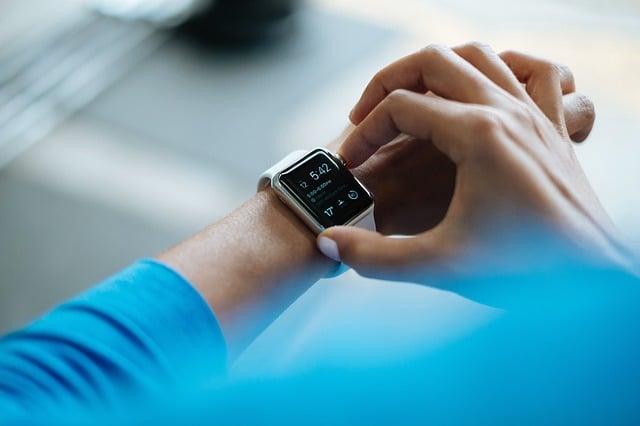University of Illinois assistant professor ponders if wellness programs could harm consumers

Insurance providers rewarding their customers using fitness tracking devices is becoming a popular way for the industry to connect with policyholders.
Manulife’s Vitality program launched last year is one such example where customers that lead a healthy lifestyle can win prizes such as reduced gym membership and even discounts on their premiums.
Encouraging healthy living is clearly a noble pursuit, but a US academic has raised the point that providing such information to providers could have less positive consequences down the line for consumers.
Dr. Andrew D. Boyd is assistant professor in the Department of Biomedical and Health Information Sciences at the University of Illinois and believes devices like Fitbit and Garmin could be used by insurers to punish rather than reward policyholders.
“Car insurance companies are allowed to take driving history data from a sensor mounted on your car,” he says. “That is used to adjust your risk profile for your auto insurance rate. The question now is will we allow the same thing for health insurance?”
Boyd published a paper last week questioning the insurance companies’ motives when it comes to wellness programs. In January, UnitedHealthcare signed a partnership with Fitbit and tech company Qualcomm that rewards users with up to $1,500 in health-care credits for activities using Fitbit Charge 2 devices. The deal, coming in the same month as Donald Trump’s inauguration, caused Boyd to consider what the implications of this shift towards providing personal data may be. Presently, it is illegal in the US to discriminate against people seeking insurance based on pre-existing health conditions. That is the case now, but the signs are that could all change under the current administration.
“Under Obamacare (Affordable Care Act), you are not allowed to deny people health insurance because of pre-existing conditions,” says Boyd. “The challenge now is that we just elected a Republican president with a Republican controlled Congress and Senate. Before the ACA you were allowed to risk profile individuals based on pre-existing conditions. The question I am asking now is, can Fitbit data be used to deny applications? Will you pay a higher rate because of the information these devices provide?”
Related stories:
Manulife fitness program going global
Insurer launches wearable tech products



